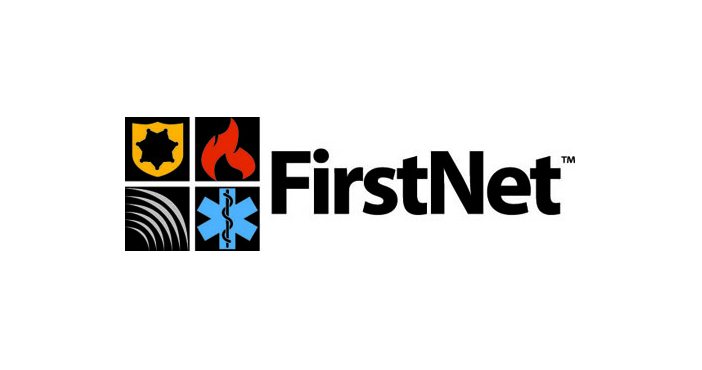At this point, there are nine states and one territory that have signed-off on FirstNet plans
States continue to opt-in into the national public safety LTE network that will be built by AT&T. Virginia was the first state to join the plan, followed by Arkansas, Wyoming and Kentucky.
Here’s some history and an overview of the process: The release of the plans in mid-June was three months ahead of the schedule originally proposed by FirstNet as part of its Request for Proposal; state plans were originally expected to be put forth six months after the $6.5 billion contract was awarded. States have until Aug. 4th to review the network information provided by FirstNet and AT&T through a restricted online portal, and then FirstNet and AT&T can take up to 45 days to respond to any requests for changes or amendments. After that 90-day period, another official 90-day period for governors to opt in or opt out of AT&T’s build will begin, with the opt-in/opt-out deadline falling in mid-December — although states can (and clearly are) taking advantage of the opportunity for early opt-in to join as soon as they feel ready.
New Jersey announced its participation on July 25 with Gov. Chris Christie noting, “New Jersey is proud to take this important step for first responders in our state. The decision to join this network means FirstNet and AT&T will deliver a highly secure, next-generation solution for our public safety community, building, maintaining and operating it at no cost and no risk to our state.”
On July 27, West Virginia Governor Jim Justice lent his assent to the plan, which he said will make “our people…safer because of this incredible initiative and it gives our state a launch pad for new jobs. I applaud AT&T for their commitment to a service area footprint that enhances coverage in West Virginia. Competitive pricing and the opportunities this will bring for future investment are limitless. The FirstNet network is a step toward putting West Virginia’s first responders on the leading edge.”
While much focus has been on the state-level, on Aug. 1, the U.S. Virgin Islands, a United States territory–like American Samoa, Guam, the Northern Mariana Islands and Puerto Rick–became the first non-state to join. U.S. Virgin Islands Governor Kenneth Mapp said in a statement: “I have determined that it is in the best interest of the United States Virgin Islands and the Country to participate in the FirstNet deployment of the National Public Safety Broadband Network.”
Subscribe now to get the daily newsletter from RCR Wireless News
Also on Aug. 1, New Mexico announced its intention to join FirstNet. Governor Susana Martinez said, “We have to keep doing more to keep our communities safe. I worked closely with law enforcement as a prosecutor for 25 years. I’ve seen firsthand the need for a streamlined and modernized communication network for our men and women in uniform. This system will help them save more lives.”
Michigan is the latest opt-in state with Lt. Gov. Brian Calley signing applicable documentation on Aug. 3. “This initiative puts Michigan at the forefront once again for public safety and public service,” Calley said. “The ability for public safety agencies to communicate is critical in an emergency. The enhanced capabilities offered by FirstNet and AT&T will help ensure that those risking their lives for our safety have the tools they need. This effort also will enhance the availability of broadband service across many rural areas of the state, something that Governor Snyder and I continue to focus on as a priority for Michigan residents.”
It remains to be seen if any states, or territories, will opt-out of FirstNet, although the U.S. Federal Communications Commission unanimously approved opt-out procedures. According to the FCC’s draft of the rules, once a state formally opts out, it will have 180 days to develop and complete requests for proposals for its own network, with another 60 days to submit plans to the FCC for approval — a total of 240 days from the date of FirstNet opt-out. Opt-out states must also follow a with the National Telecommunications and Information Administration subsequent to FCC approval of FirstNet opt-out plans.
“FirstNet’s success depends on there being [true]interoperability across this nation,” said Commissioner Mignon Clyburn said during the June meeting. “The decision whether to opt in or not is a momentous one that no governor, or any of us, will take lightly.”
